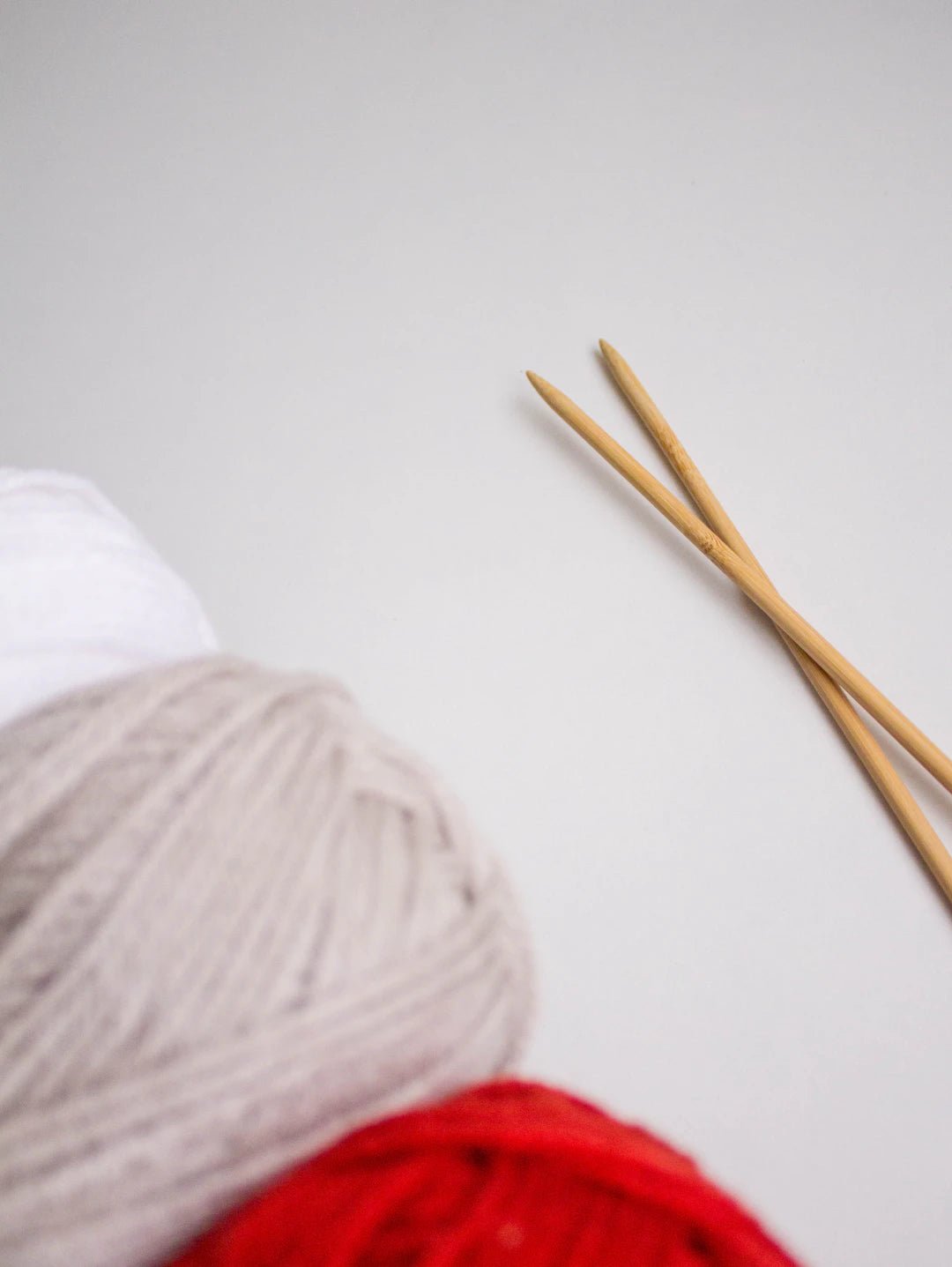
Flowers have long held a special place in human traditions, signifying emotions and marking significant lifecycle events. One of the most poignant moments in life is saying farewell, and flowers play an essential role in the ceremonies associated with this bittersweet occasion. The act of incorporating flowers into farewell ceremonies is more than just aesthetic; it symbolizes a wide range of emotions, memories, and cultural values, giving depth to the rituals of parting.
The Universal Language of Flowers
Flowers have a unique ability to convey feelings that often elude words. This universal language is a cornerstone in many farewell traditions around the globe. Different cultures utilize various flowers in parting ceremonies, each carrying its own specific meanings and symbolism.
The Role of Flowers in Different Cultures
In many cultures, flowers are more than mere decorations; they serve as important symbols of life, death, and everything in between. Understanding these symbols can provide meaningful insights into the cultural significance of flowers in farewell ceremonies.
Western Cultures and Flowers
In Western traditions, lilies, roses, and chrysanthemums are commonly used during funerals and memorial services. The lily, for instance, symbolizes purity and the restored innocence of the soul of the departed. Roses, especially red ones, denote love and respect, while chrysanthemums stand for honor and loyalty. Each flower contributes to a profound tapestry of remembrance and mourning, providing comfort to those left behind.
Eastern Cultures and Floral Symbolism
In Eastern cultures, the use of flowers in farewell ceremonies frequently signifies both respect for the deceased and hope for the living. In Japan, for example, flowers like cherry blossoms are revered for their beauty and fleeting nature, symbolizing the transience of life itself. During funerals, a specific arrangement of flowers can convey sentiments about the life and legacy of the individual, showcasing their unique story.
The Therapeutic Role of Flowers in Grieving
The process of mourning is often painful and isolating, but flowers can provide solace. Their presence serves as a reminder of beauty and fragility, helping to contextualize loss. Many studies suggest that exposure to flowers can improve mood and lower stress, making them significant during farewell ceremonies.
Creating Spaces of Remembrance
Flowers can create a serene environment, transforming a farewell space into one that feels sacred and reflective. Families often choose their loved one’s favorite flowers or colors, allowing for a personal touch that honors their memory. This customization adds emotional depth to the decor, fostering a space for collective grieving, storytelling, and remembrance.
Flowers as Symbols of Life and Hope
While flowers signify loss, they can also serve as symbols of hope and renewal. In many cultures, blooming flowers are associated with life continuing beyond death. This belief emphasizes the cyclical nature of life and death, offering a glimmer of light amid the darkness of grief. Using bright-colored flowers, for instance, can evoke feelings of joy and celebration, reminding attendees of the joyful memories shared.
The Art of Floral Arrangements: Designing Farewell Flowers
The way flowers are arranged also has significance. Certain styles of arrangements, like wreaths and garlands, are common in farewell ceremonies. Each arrangement tells a story and reflects various values, emotions, and cultural practices.
Traditional Arrangements
Traditional floral arrangements for farewell ceremonies often employ symmetry, reflecting balance and harmony. These arrangements underscore the importance of connection and community during difficult times. Wreaths, made from circular designs of interconnected flowers, represent eternity, unity, and the cyclicality of life.
Modern Interpretations
In contemporary settings, alternative arrangements are becoming increasingly popular, embracing more relaxed and organic aesthetics. Wildflower bouquets are an example of this modern trend, emphasizing individual beauty and diversity. These arrangements often echo the complexities of life and the unique stories behind each departed soul.
The Future of Floral Traditions in Farewell Ceremonies
As society continues to evolve, so too do the ways in which we honor our loved ones. The significance of flowers in farewell ceremonies remains steadfast, albeit with new interpretations unfolding. The growing popularity of sustainable and locally sourced flowers represents a shift towards honoring the planet while paying tribute to those we have lost.
Sustainable Floral Practices
More families are opting for sustainable floral options, including native flowers and arrangements crafted from locally grown blooms. This eco-friendly approach honors both those who have passed and the earth, fostering a deeper connection to our ancestral practices. Such choices signify a transition toward greater awareness of environmental impact while still cherishing the beauty of flowers.
Personalization and Meaning
The trend toward personalization continues to rise, with families choosing flowers that resonate on a personal level. From wildflowers that grow in the deceased’s childhood home to the incorporation of beloved plants or herbs, designers and families are finding new ways to weave their loved one's story into the fabric of farewell ceremonies. This individual expression transforms what was once a generic process into a highly personal experience.
Exploring Floral Associations
With each flower carrying its own distinct symbolism, the options to convey emotion and memory are vast. Families can explore the associations behind different flowers, ensuring that their arrangements align with the unique essence of the individual being honored.
Beyond the Goodbye: Flowers in Celebrations of Life
While flowers are commonly utilized in mourning, they also have a significant role to play in celebrations of life. Many cultures now host memorials that focus on celebrating the life of the departed rather than solely mourning their loss. In such events, vibrant and lively floral arrangements emphasize joy and cherished memories shared rather than sorrow.
Flowers in Rituals and Spiritual Practices
In addition to their role in memorial services, flowers also have a place in various rituals and spiritual practices around farewells. Many cultures incorporate flowers in ceremonies designed to ease the transition from life to the afterlife.
Cultural Rituals Involving Flowers
For instance, in Mexican culture, marigolds are significant during the Day of the Dead celebrations, symbolizing the fragility of life and honoring the spirits of loved ones. The vibrant orange and yellow colors of marigolds lead the way toward altars adorned with photographs, meals, and other offerings, showcasing the vibrant celebration of life even in the face of death.
Creating Connections through Ritual
In many cultures, flowers allow participants to connect to their ancestry and spiritual beliefs, fostering a sense of belonging during farewell ceremonies. These rituals often serve as communal experiences, reinforcing social ties among those gathered in remembrance.
The Emotional Impact of Flowers in Farewell Ceremonies
The emotional impact of flowers in farewell ceremonies is undeniable. They evoke feelings of nostalgia, love, remembrance, and hope—emotions that help navigate the complexities of mourning.
Facilitating Emotional Expression
For many, engaging with flowers provides a pathway for emotional expression. Whether arranging flowers beforehand or customizing floral tributes, the act of working with blooms allows individuals to channel their grief into creating something beautiful. This hands-on approach fosters healing, providing an outlet for grief while honoring memories.
Fostering Connections with Nature
Flowers also enhance the connection with nature, which can be incredibly therapeutic during periods of loss. The beauty, scents, and tactile sensations of flowers draw attendees into a world of tranquility and reflection. Being in nature has shown to alleviate symptoms of anxiety and depression, making flowers an indispensable part of the grieving process.
Embracing the Floral Legacy
As we weave flowers into our farewell ceremonies, we honor not only those who have passed but also the rich tapestry of culture, emotion, and tradition that they represent. From traditional arrangements to personal expressions, the flowers we choose convey messages of love, respect, and hope. Now more than ever, as we navigate our farewells, let us continue to explore the cultural significance of flowers and their vital role in commemorating life's journeys.
As we grapple with loss and celebrate life, remember that flowers can transform farewells into beautiful tributes, creating lasting legacies for those we cherish. So the next time you engage in a farewell ceremony, pause to reflect on the impact of flowers, and allow their beauty to guide you through an emotional yet healing journey.
Explore the Shopify store of a user by clicking here. Keep in mind that this is a promotional link, and we are not responsible for the content on the linked store.
